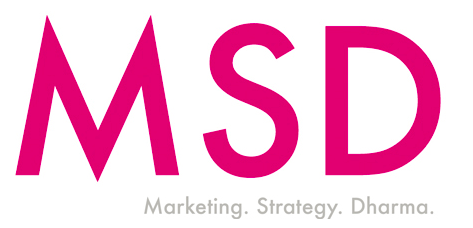Image Source: Fast Company
We are living in the era of mobile. As consumers of a technology-driven society, we absorb, embrace and guard our most treasured commodity—our smartphones. In fact, throughout the years, the consumption of technology has so drastically elevated that addicted users naturally fail to notice the extremity of their desires to acquire the latest gadgets and trends. But, is it wrong to be overly obsessed with staying on top of the trends? Parag Chordia and Prerna Gupta, the founders of a narrative technology company called Telepathic, distinguished this “habit” as a vision for the future, and successfully created an app called Hooked.
Hooked, a mobile app that strives to redefine fiction & the style of reading, targets the “Snapchat generation”. Offering a variety of compelling short stories that range from mystery to thriller, Hooked provides a unique opportunity for users to explore the experience of a digital reading trend. Once the app is downloaded onto a phone, the user receives 1 story per day at no cost but, if he is willing to, there’s an option to pay a weekly, monthly, or yearly fee for a subscription to accessing a variety of stories.
One might be curious as to how Hooked is different from reading an e-book on a smartphone. However, the difference is that Hooked focuses on providing users with short stories in an interactive text-messaging format. The Hooked advantage, like Textnovel andeMobo, pertains to engagement, a highly desired characteristic for mobile apps today. The user can tap on the screen to receive text messages of various parts of the story. Thus, this strategy makes the user feel as if he is engaging in a conversation with another person.
However, can Hooked take the credit as the innovator of this concept? In 2003, “cell phone novels”, a similar idea called “Keitai Shousetsu”, started in Japan, and was progressively a tremendous hit within the Japanese community. According to Huffington Post, five of the top ten bestsellers of 2007 in Japan were in fact, cell phone novels. The level of success later reached out to other parts of East Asia, which inspired writers to compose different types of fictional stories.
The question yet remains: can phone novels be successful in America as it is in Asia? There is no definite answer; however, the responsibility falls down to the audience of readers. As a reader, would you drive 15 minutes to go to Barnes & Nobles to pick up a paperback book or would you rather stay in bed and read through your smartphone? Hooked provides the freedom, accessibility and convenience for consumers to enjoy light reads with a single touch. A proponent of user experience, this mobile app encourages a “1st person feel” so the reader can fully engage with the story and the character.
As a brand, it’d be ideal to achieve that kind of engagement but from a consumer’s perspective, the notion of text messaging may seem intrusive and unwanted. Overall, this idea of reading novels on a smartphone not only serves as an opportunity for millennials to enhance their reading experience, but it also will eventually open doors for new fiction writers by encouraging them to publish captivating stories for active readers nationwide.
James Kim, MSD Intern

